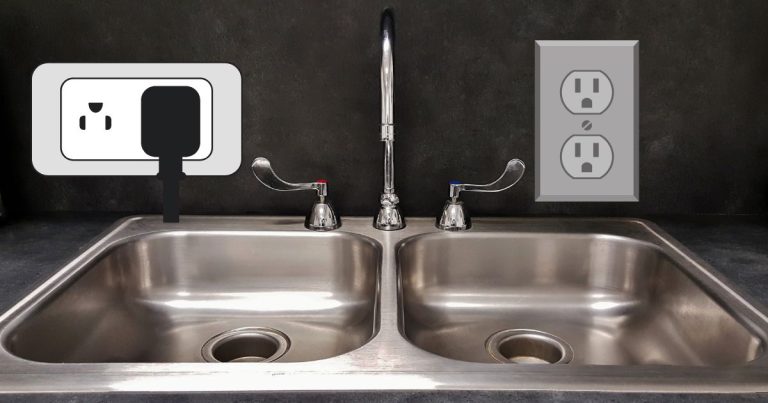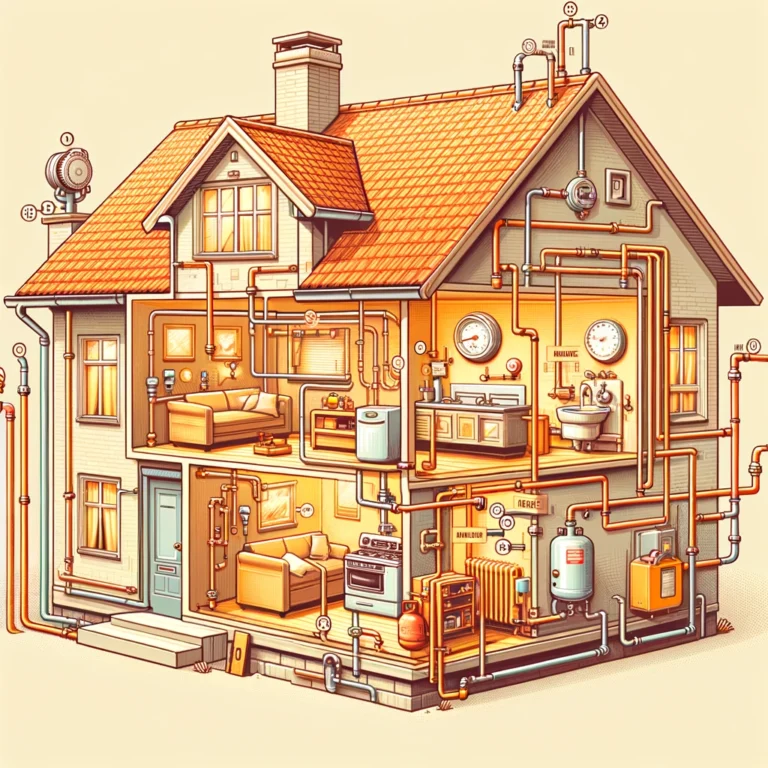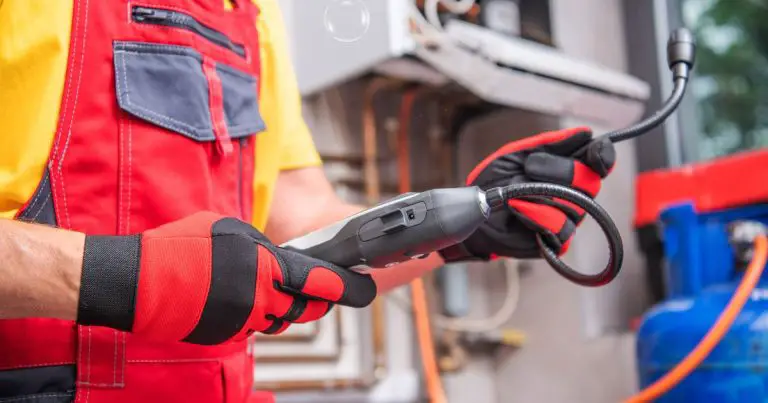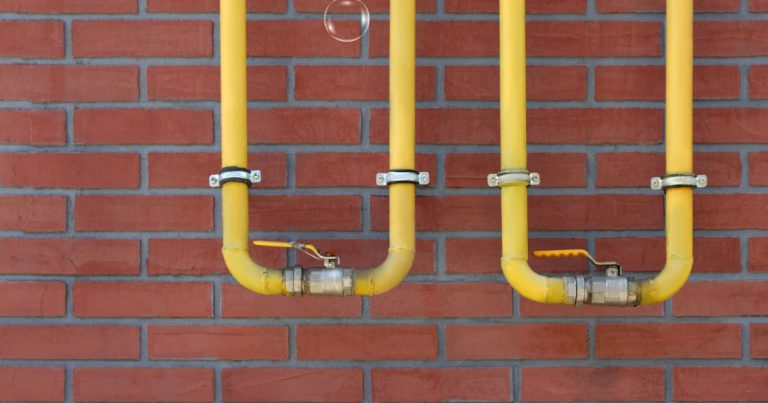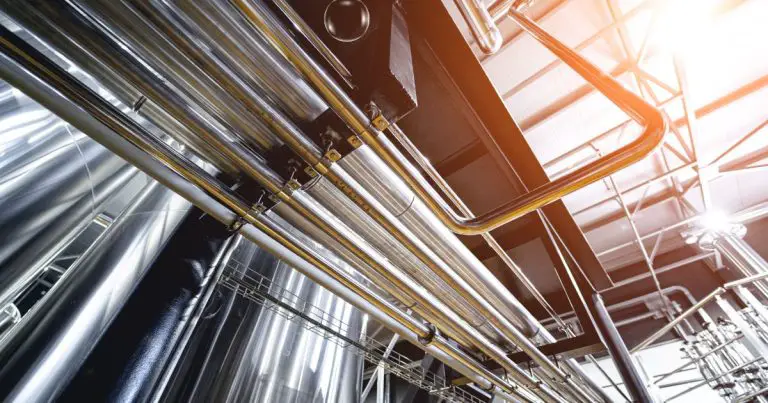Can Electricity Cause Gas Explosion? (Here Is the Secret Truth!)
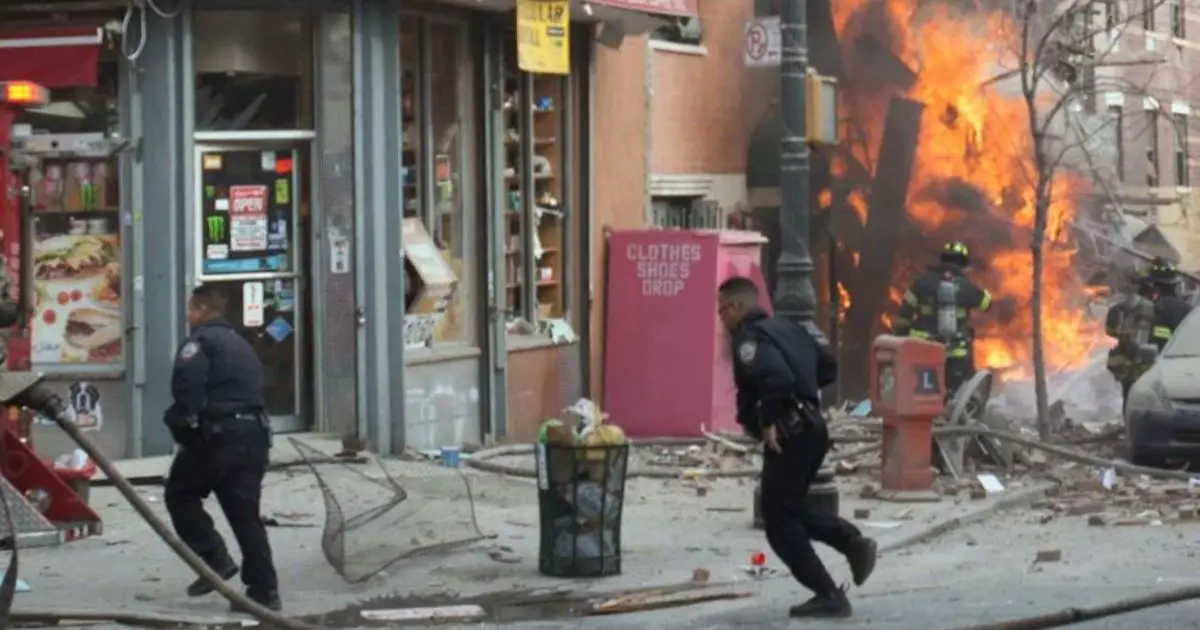
Electricity is a powerful force that can be used to power many of the daily activities we take for granted.
However, if not handled with care it can also cause serious problems – including gas explosions.
In this article we will explore how electricity can lead to a devastating gas explosion and discuss safety tips to avoid such tragedies.
Can Electricity Cause Gas Explosion?
Generally Speaking Yes, electricity can cause gas explosions. In fact, one study of industrial accidents involving natural gas found that a third of them were caused by electrical sparks or arcs. These explosions had an average potential temperature of up to 1953°C. Furthermore, the risk of explosion increases at high temperatures with increasing amounts of gas present.
How Can You Prevent a Gas Explosion from Electricity?
Preventing a gas explosion from electricity is an important safety measure.
It’s possible to prevent this type of event through proper maintenance and the use of protective devices in the electrical system.
Grounding and bonding:
First, grounding and bonding should be done properly in any electrical system that uses natural gas or propane.
This will help dissipate any potential buildup of static electricity which can ignite flammable gases, leading to a dangerous situation.
Equipment connected:
Second, it is important to make sure any equipment connected to a natural gas line has been tested and approved for such use by local authorities.
This includes pressure regulators, valves, piping systems and other components that may come into contact with combustible gases like methane or butane.
Regularly inspecting these parts can also help identify worn out or loose fittings that could lead to a hazardous leak if not addressed promptly.
Install protection switches:
Third, you should install protection switches in your electrical circuit panel which detect current overloads due to faulty wiring and automatically shut off power supply before it becomes a source of ignition for explosive gasses nearby.
Additionally, carbon monoxide detectors placed near areas where gas appliances are used must be regularly checked for correct functioning as prolonged exposure can cause serious health complications or even death if left unchecked over time.
Risk Factors of Electric-Gas Explosions:
Electric-gas explosions can be devastating and are caused by a combination of electricity and combustible gas.
These explosions occur when an electric spark ignites the gas, leading to a rapid increase in pressure and destruction.
To prevent these types of incidents, it is important to understand the risk factors associated with them:
1) Poorly maintained electrical equipment –
Faulty wiring or exposed wires can cause sparks that ignite gas.
2) Unventilated areas –
Gas accumulations in confined spaces close to sources of electricity increases the likelihood of explosions due to sparks from appliances or other devices.
3) Flammable materials near open flame or heat sources –
Any kind of flammable material such as wood chips, sawdust, petroleum products etc., should not be stored near heat sources like furnaces, boilers, stoves etc.
4) Ignition Sources –
Open flames (such as pilot lights), smoking materials, overloaded circuits are all potential ignition sources for a gas explosion if there is enough fuel present in the area surrounding them.
Common Causes of Electric-Gas Explosions:
Some Common Causes:
- 1: Faulty wiring
- 2: Overloaded circuits
- 3: Corrosion of electrical connections
- 4: Improperly installed gas lines or appliances
- 5: Gas leaks from deteriorating lines or joints
- 6: Ignition of flammable vapors from gasoline or other fuels
- 7: Defective electric motors, switches, and outlets
- 8: Electrical equipment in contact with flammable liquids, gases, or powders
- 9: Contact with high voltage lines
- 10: Electricity surges.
Potential Injuries that can Caused by an Electric-Gas Explosion:
An electric-gas explosion is a serious hazard that can cause devastating injury and property damage.
When electricity comes into contact with gas, the resulting ignition can produce an intense pressure wave that can easily break through walls and cause significant structural damage.
In addition to this physical destruction, an electric-gas explosion also has the potential to cause burn injuries and other forms of physical trauma.
When exposed to extreme temperatures caused by an electric-gas explosion, people in nearby areas may suffer thermal burns or even death due to inhalation of heated air particles or debris which have been propelled high into the atmosphere at supersonic speeds.
Also, those who are close enough may experience shrapnel wounds from flying objects such as glass shards from windows or furniture being thrown across rooms as a result of the blast’s force.
The effects of any potential injury depend on several factors including proximity to ground zero and type/amount of combustible material present during detonation.
It is essential for individuals who handle volatile substances like gas tanks in their homes or workplaces understand these risks before using them near electrical wiring so they can take preventative measures against disaster if needed.
Steps to Take After an Accidental Gas Explosion:
An accidental gas explosion can cause a great deal of destruction and serious injury.
It is important to take the right steps immediately following an explosion in order to minimize damage and harm.
Here are some steps to take after an accidental gas explosion:
- 1. Shut off the source of the gas if possible; this should be done as quickly as possible in order to prevent any further explosions from occurring.
- 2. Call 911 for help; medical attention may be necessary for those affected by the accident, so it is important to get help as soon as possible.
- 3. Turn off electricity sources in the area, including circuit breakers and other appliances that could spark or ignite fuel or fumes present from the accident.
- 4. Open doors and windows near where the explosion occurred; this helps disperse fumes caused by combustion which can cause another ignition if not addressed promptly enough with proper ventilation methods such as opening doors and windows nearby.
- 5. Evacuate all people in close proximity of where it happened; even if no one was harmed, they should still vacate until authorities have verified that there is no imminent danger of another ignition or fire due to combustible materials that were released during any blasts associated with a gas explosion incident..
What Are the Best Practices for Preventing Gas Explosions from Electricity?
The best practices for preventing gas explosions from electricity start with awareness.
It is important to know the potential hazards associated with electrical work and any appliances that use natural gas, such as furnaces, ovens, water heaters and stoves.
Any appliance that uses natural gas should be installed properly by a qualified electrician or other professional who understands how to safely connect the electrical wiring and ensure that it is done correctly.
The same goes for maintenance; regular inspections are essential in helping prevent accidents from occurring due to faulty wiring or improper installation techniques.
In addition, proper ventilation must be provided when dealing with combustible gases like propane or natural gas near any source of electricity.
This means making sure all vents are open and free of debris so air can circulate freely around the area where these gases may be present.
Proper venting also helps reduce potential risks of fire and smoke inhalation if an explosion were to occur due to an electrical problem or malfunctioning equipment using combustible gases nearby.
Finally, it’s important to never underestimate the power of having functioning smoke detectors in your home at all times,
They provide a first line of defense against potential fires caused by malfunctions involving electricity and flammable gasses such as methane or propane which could lead to devastating explosions if not detected quickly enough.
Conclusion:
In conclusion, we have seen that electricity can indeed cause gas explosions. With the increased reliance on natural gas as a source of fuel, it is even more vital that we take appropriate safety measures to prevent such accidents.
Whether for homeowners or industry workers, understanding the risks and precautions to take when dealing with gas and electricity is of utmost importance.
The impact of a gas explosion can be catastrophic, causing property damage, injuries or even loss of lives.
It is crucial that we remain vigilant and educate ourselves on the potential hazards associated with gas-powered appliances and devices.
Remember, it only takes a small spark to ignite a gas explosion, so don’t take any chances in ensuring that your gas lines are well-maintained and regularly inspected. Stay safe!

